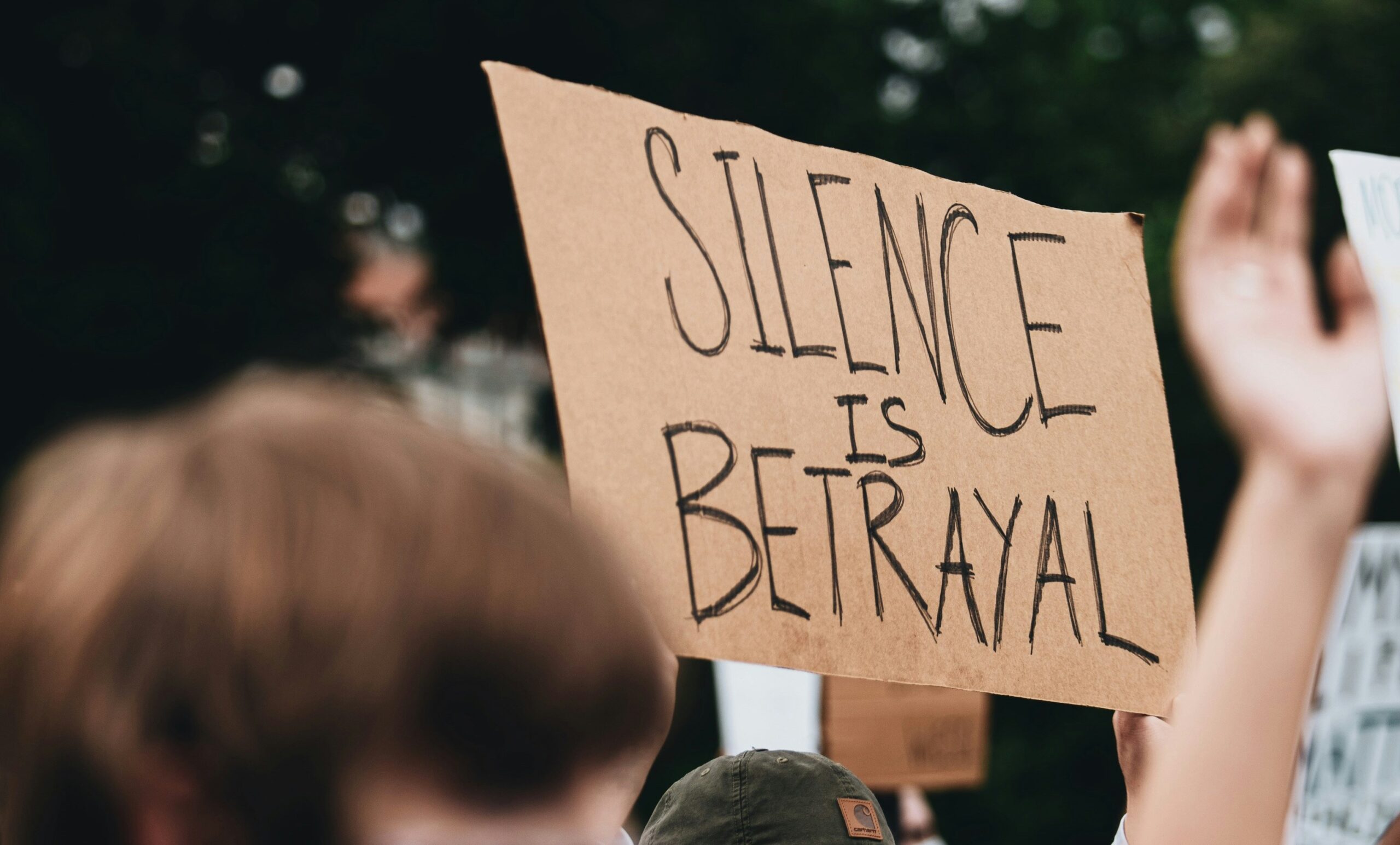
Ever since the #Metoo movement began in 2017, non-disclosure agreements (NDAs) have been exposed as tools to silence victims of harassment and bullying, and whistleblowers. Now following years of campaigning an amendment has been introduced to the Employment Rights Bill to block employers from using such agreements. This amendment is a novel approach, instead of stating when NDAs can be breached, there is general ban on their use with exceptions on when they can be used in harassment and discrimination cases.
One person we have to thank for this political intervention is Zelda Perkins who worked with Harvey Weinstein in the 1990s and had to sign an NDA in a settlement agreement. Zelda has been at the forefront of the fight to introduce a ban for many years. The organisation she founded, Can’t Buy My Silence UK, has argued that while NDAs may be necessary to protect commercially sensitive information, they have become widely used to silence victims of bullying, sexual harassment or abuse, especially in lower-income sectors like retail and hospitality.
The detail is yet to be mapped out, as well as a timeline for implementation, but while there has been a resounding chorus of approval, some have voiced concerns that the ban could result in some unintended consequences. So, what does this really mean for both sides of the table?
Impact for individuals
There have been many high-profile cases of NDAs being used to prevent victims from speaking out about crimes. Mohammed Al Fayed used his wealth and power to hide his abuse, often forcing women and vulnerable individuals to feel stuck in unwanted situations, through fear or desperation. Likewise, we have seen Harvey Weinstein and Crispin Odey, the hedge-fund manager, use NDAs as robust shields allowing them to operate in plain sight.
In the future in discrimination or harassment cases any agreement between a worker and an employee- including when an employee’s employment is terminated- an NDA will be null and void (with some exceptions yet to be spelt out). This will allow people to speak openly about their experiences along with the reasons behind their termination and the circumstances leading to it. Perpetrators of harassment and discrimination will be exposed and unable to buy their victims’ silence.
Witnesses to poor behaviour will also be protected if they call it out and publicly support victims without the threat of being sued. While whistleblowers have always had protection, few are aware of their rights so this nod to witnesses is important.
Impact for employers
Employers will need to review confidentiality wording in their employment contracts, policies and settlement agreements, to ensure that they are compliant. Although NDAs are already banned to some extent under whistleblowing legislation, this new amendment goes further. It will make NDAs potentially illegal and may make NDAs about the employer’s reaction to harassment issues illegal too. There will be some excepted NDAs though (for instance if they are requested by the victim) so in practice, a lot will depend on the detail of the regulation. The amendment additionally allows for the Secretary of State to extend the voiding provision by regulation to include individuals who worked as trainees and contractors.
A note of caution
While a ban on NDAs in discrimination, bullying and harassment cases looks on paper like the ideal situation, as ever there may be unforeseen outcomes that were never intended. For example:
Regulations are to follow, and further consultation is promised. We’d like to see the government update the roadmap for the Employment Rights Bill to include the NDA amendment implementation date. This will give both individuals and employers more clarity on when this change will come into force. However, this is a win for all those victims of harassment and discrimination who have felt unable to speak even to close friends and family about appalling behaviour at work. No one should be silenced like this and we have a lot to thank Zelda for.
For a deeper dive into the history of the campaign to ban NDAs do listen to this podcast from the Guardian featuring Zelda Perkins:
